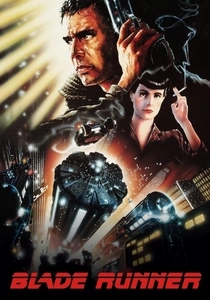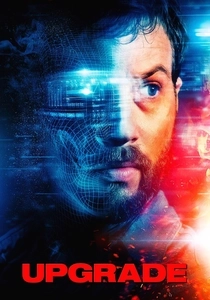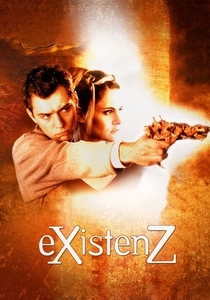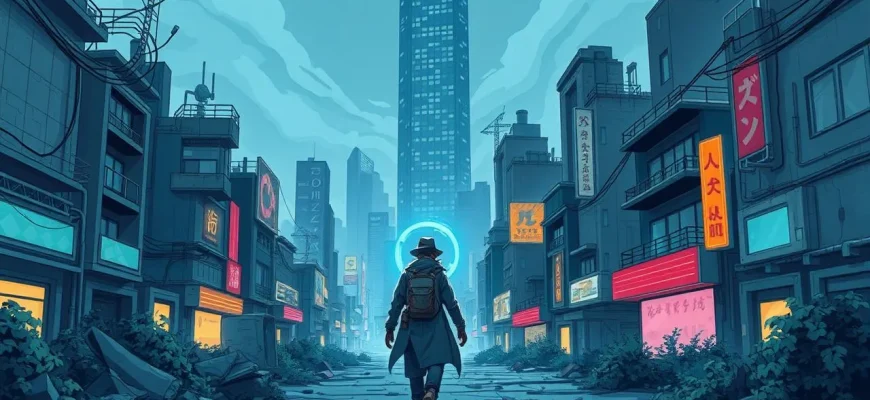Cyberpunk films offer a thrilling escape into a future where technology has advanced to the point of merging with humanity, often at a great cost. These movies explore themes of artificial intelligence, corporate control, and the struggle for identity in a world where the line between human and machine blurs. Here's a curated list of ten cyberpunk films that not only define the genre but also provide a visual and narrative feast for fans of futuristic dystopias.

Blade Runner (1982)
Description: Set in a dystopian Los Angeles of 2019, this film follows Rick Deckard, a "blade runner," tasked with hunting down rogue bioengineered beings known as replicants. Its neon-soaked visuals and existential questions about what it means to be human make it a cornerstone of cyberpunk cinema.
Fact: The film was initially a box office disappointment but has since become a cult classic. Ridley Scott's director's cut, released in 1992, added scenes that deepened the film's philosophical undertones.
 Watch Now
Watch Now 
Hackers (1995)
Description: While not as dark as other cyberpunk entries, "Hackers" captures the spirit of the genre with its focus on youthful computer prodigies battling corporate espionage. Its portrayal of hacking culture and the internet in the mid-90s is both nostalgic and influential.
Fact: The film's depiction of hacking has been criticized for its inaccuracies, but it has since become a cult classic for its style and soundtrack.
 Watch Now
Watch Now 
Johnny Mnemonic (1995)
Description: In this adaptation of William Gibson's short story, a data courier with a cybernetic brain implant must deliver a package that turns out to be more than he bargained for. The film's portrayal of a hyper-connected, corporate-controlled world is a classic cyberpunk trope.
Fact: The film features one of Keanu Reeves' early roles in the cyberpunk genre, predating his work in "The Matrix."
 Watch Now
Watch Now 
Ghost in the Shell (1995)
Description: This anime film explores the life of Major Motoko Kusanagi, a cyborg security officer in a futuristic Japan, as she delves into a case involving a mysterious hacker known as the Puppet Master. Its influence on cyberpunk aesthetics and themes of consciousness and identity is profound.
Fact: The film's visual style heavily influenced the Wachowskis when creating "The Matrix." It was also adapted into a live-action film in
 Watch Now
Watch Now 
The Matrix (1999)
Description: Neo discovers that his reality is actually a simulated world created by sentient machines to subdue the human population. This film revolutionized action sequences, special effects, and introduced the concept of "bullet time" to the mainstream.
Fact: The idea for the film was inspired by various cyberpunk works, including "Neuromancer" by William Gibson. The Wachowskis wrote the script under the pseudonym "The Wachowski Brothers."
 Watch Now
Watch Now 
Dredd (2012)
Description: Judge Dredd, a law enforcer in a dystopian future, battles through a mega-block controlled by a drug lord. The film's gritty, high-contrast visuals and its portrayal of a society divided by crime and justice are hallmarks of cyberpunk.
Fact: The film was shot in 3D, with the intention of creating an immersive experience akin to the comic book's intense visuals.
 Watch Now
Watch Now 
Upgrade (2018)
Description: After an attack leaves him paralyzed, Grey Trace receives a technological upgrade that gives him control over his body again, but at a cost. This film explores themes of transhumanism, AI, and the ethical implications of technological enhancements.
Fact: The film was well-received for its action sequences and its blend of horror with cyberpunk elements, making it a modern take on the genre.
 Watch Now
Watch Now 
Akira (1988)
Description: Set in a post-apocalyptic Neo-Tokyo, this anime film follows a biker gang member who gains psychic powers after an accident, leading to chaos and a confrontation with a government experiment gone wrong. Its depiction of a dystopian future and psychic abilities is quintessential cyberpunk.
Fact: "Akira" was one of the first anime films to gain widespread international acclaim, influencing countless works in both film and video games.
 30 Days Free
30 Days Free 
Strange Days (1995)
Description: Set in the last days of 1999, this film explores a world where people can record and experience memories. It delves into themes of voyeurism, privacy, and the exploitation of technology, making it a unique entry in the cyberpunk genre.
Fact: Kathryn Bigelow, who directed this film, became the first woman to win an Academy Award for Best Director for "The Hurt Locker" in
 30 Days Free
30 Days Free 
eXistenZ (1999)
Description: David Cronenberg's exploration of virtual reality and the blurring lines between game and reality. This film questions the nature of identity and reality in a world where video games can alter one's perception of the real world.
Fact: The film was released the same year as "The Matrix," making 1999 a significant year for cyberpunk cinema.
 30 Days Free
30 Days Free 








